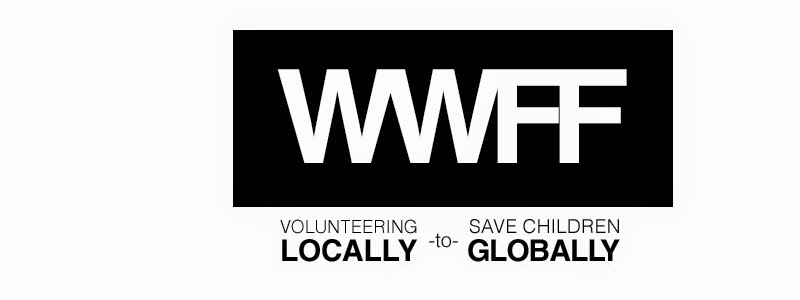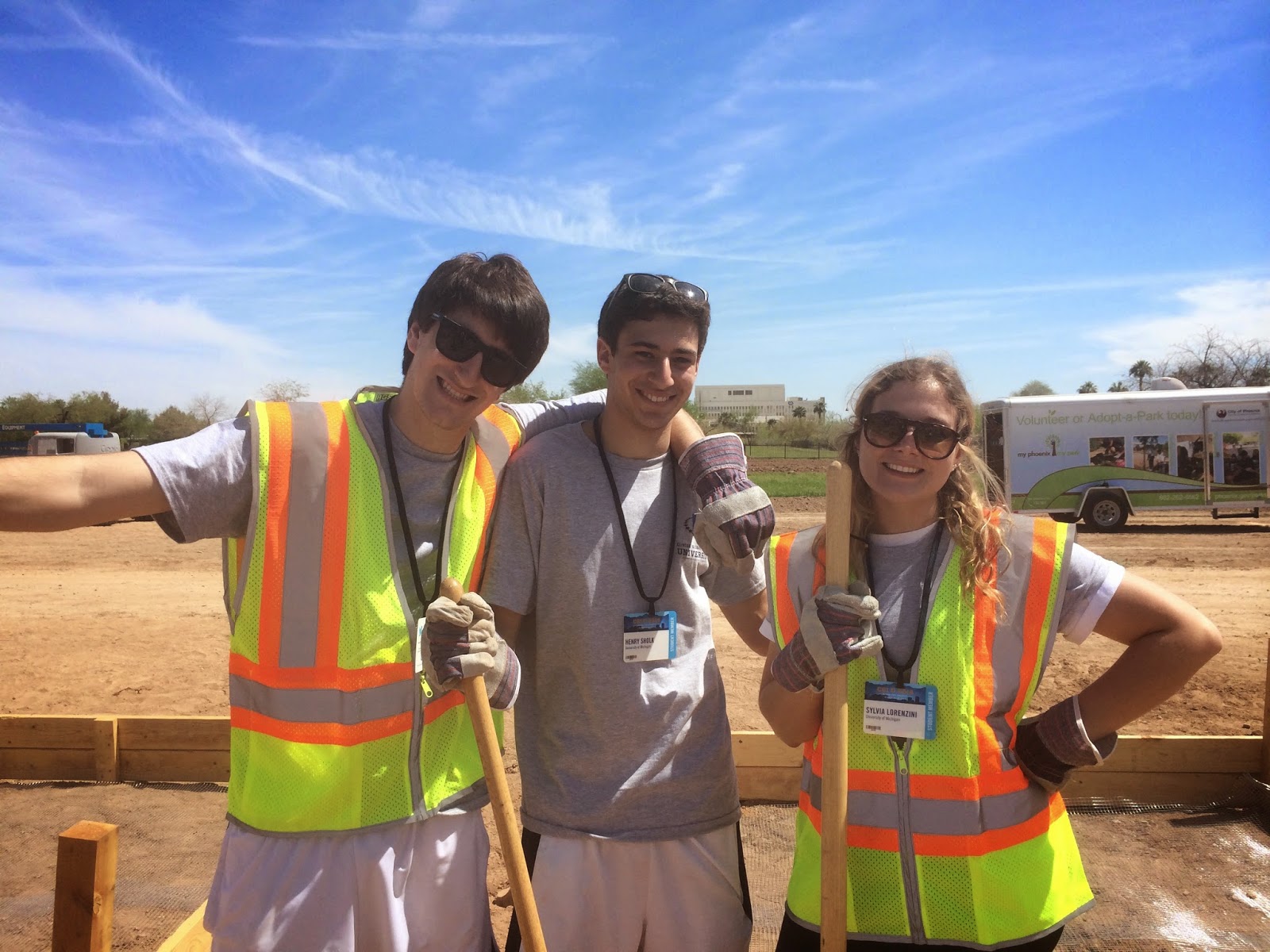Furman University recently hosted one of the most innovative, creative, and most importantly, au natural ways to raise money for our cause: Mustache March for Malnourishment. Pretty witty name, no? We recently interviewed one of the brave men who sported a mustache for the entire month--Zach Greene.
How did you get involved? Why?
In regards to how I got involved with WWFF, my friend Sarah Caldwell (who is the chapter president at Furman) and I had been talking about starting a non-profit organization branch at Furman, and Will Work for Food seemed like a great organization to be affiliated with. Also, our friend from high school Ben Vollmer, who participates in the Will Work for Food chapter in Chapel Hill, had suggested the organization as a great non-profit to be a part of.
What about Furman University makes it a good place for WWFF?
Furman University is comprised of students who are willing and able to invest their time and effort into activities outside of the academic realm, which made the Mustache March for Malnourishment fundraiser easy to manage. It's difficult to generalize, but I'd say Furman students are cognizant of problems that are globally relevant, such as malnourishment, as well as problems that affect our nation specifically, such as widespread hunger. Ultimately, the Furman students who participated in Mustache March for Malnourishment showed the initiative to sacrifice their time in order to raise money in order to help a cause that they felt was of great importance.
Tell us about the work effort. What did you do to make it succeed? How did you market it on campus?
Initially we put flyers up around campus advertising Mustache March for Malnourishment, stating, "Support your favorite mustache" and "Your change makes a change." I felt like getting big donations from college students would be difficult, but "tapping into" their parents and Furman alumni would yield the biggest donations. We spread the word through email to our peers and our professors, and we also made a large poster that we put up in the dining hall with the pictures of the contestants with mustaches. Ideally next year we will get the Furman president Dr. Smolla as well as other Furman faculty members to grow mustaches in support of the fundraiser.
Tell us about the contestants who participated. How did they raise money? Any funny stories?
The contestants who participated were: Dakota Derrick, Zack Houghton, Parth Thakker, Michael Kelly, and myself. I was skeptical all along of my mustache growing abilities, and I knew that some of the other participants would not have my same difficulties. When we came back from spring break, our friend and contestant Parth Thakker already had a much thicker mustache than any of the other participants, and proceeded to tell us that he had already shaved twice for a family wedding. My friend and roommate Michael Kelly had to compete in multiple track events (200m sprinter) with a mustache, so I'm sure that was entertaining for his competitors. Other than constantly being asked if I had lost a bet, or if I was rushing for a frat, or being called "sir" outside of Furman, not too much was different with having a mustache.
Any future plans to raise money for WWFF?
We intend to hold Mustache March for Malnourishment again next year at Furman. Ideally, it will be an intercollegiate competition, each college raising a minimum amount of money between the contestants and then competing for the prestigious award "Best Mustaches in America." This year's fundraiser was quite the learning experience for Michael Kelly, Sarah Caldwell, and I, and I think knowing now what goes into managing a successful fundraiser, we should expect to see a great increase in the amount of donations raised for next year's Mustache March for Malnourishment!
A big thanks to Furman University for this clever idea to raise money and awareness for child malnutrition!












